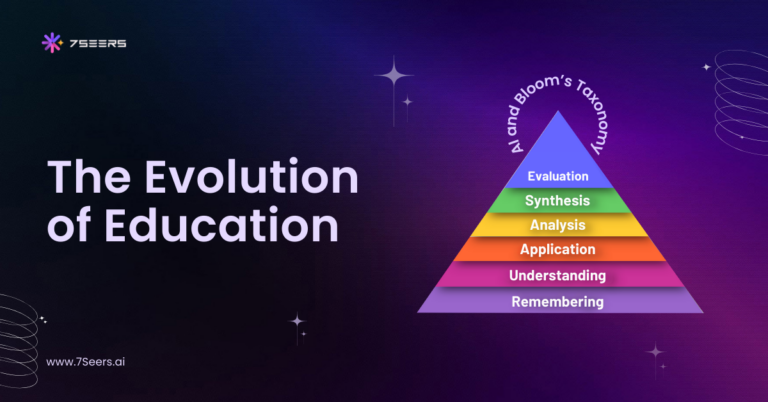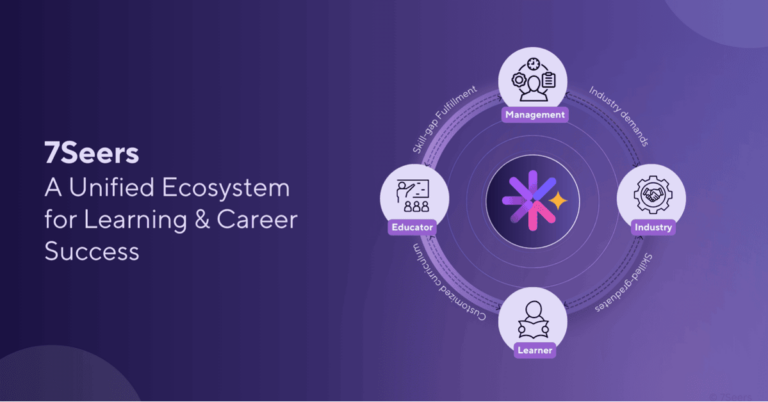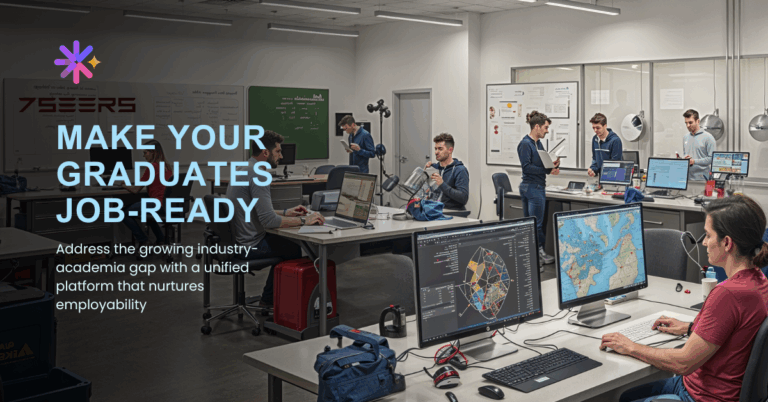When a computer science graduate walked into her first job fair, she carried the kind of transcript most students dream of, A’s, a perfect GPA, and glowing remarks from professors. She was confident her grades would do the talking.
But as she made her way through interviews, the questions weren’t about her GPA. Recruiters wanted to see the apps she had built, how she solved real-world coding challenges, and how she collaborated with teams under pressure. With no portfolio to showcase and little hands-on experience, she found herself edged out by peers with average grades but strong project work, internships, and digital portfolios.
Her story is not differnet. A report by the World Economic Forum (WEF) states that 44% of workers’ core skills will change by 2030, and academic excellence alone won’t prepare graduates for that reality. Across the world, thousands of graduates discover too late that grades open doors but don’t guarantee entry anymore. In a world shaped by AI, remote work, and entrepreneurial disruption, employers are looking for signals beyond scores, skills, adaptability, and proof of real-world problem-solving.
The hiring landscape has fundamentally shifted, and institutions must evolve with it.
1. The Grade Illusion
Good grades do matter—but only up to a point. A high GPA may prove diligence and academic knowledge, but it rarely reflects job readiness.
According to a 2023 LinkedIn survey, 78% of hiring managers now prioritize skills and experience over degrees and grades. Similarly, a Deloitte study revealed that nearly two-thirds of organizations are moving toward skills-based hiring frameworks, breaking away from degree-first filters.
Today, employers value:
- Portfolios showcasing real projects (proof of hands-on capability)
- Internship experiences that test problem-solving under real-world conditions
- Soft skills such as communication, teamwork, and adaptability
Grades are no longer the whole picture—they’re just one piece of a much larger puzzle.
2. The Rise of Skills-Based Hiring
The modern hiring ecosystem has flipped the script. Platforms like LinkedIn, GitHub, Dribbble, and Kaggle are now as important as CVs. Recruiters assess proof of work, not just paper credentials.
Other signals gaining prominence include:
- Micro-credentials & bootcamps: Digital Badges and Certificates are redefining employability by offering industry-recognized, job-ready skills.
- Project-based learning: Studies show that candidates with project portfolios are 60% more likely to be shortlisted than those without.
- AI-driven hiring tools: By 2024, nearly 40% of large employers were already using AI to assess competencies, adaptability, and culture fit.
The result? A skills-first job market, where learners are rewarded for what they can do, not what they scored.
3. What Employers Really Look For
If grades don’t hold the same weight, what are recruiters really looking for?
Across industries, the most sought-after traits include:
- Problem-solving → the ability to handle ambiguity and think critically
- Communication → collaboration across remote and global teams
- Adaptability → thriving in fast-changing, tech-driven environments
- Digital fluency → comfort with AI, tools, and data-led decision-making
Tech giants have already made this shift. Google, Apple, and IBM no longer require degrees for many roles, focusing instead on demonstrable skills and cultural fit. Startups, too, prefer hiring “doers” with grit and creativity over top scorers with limited real-world exposure.
A McKinsey report highlights that 87% of companies worldwide already face a skill gap or expect one within the next five years, underscoring why employers can’t rely on grades alone.
4. The Role of Institutions and Educators
Here lies the real challenge, and opportunity. Most institutions still reward academic achievement as the primary indicator of talent. But this doesn’t match the hiring realities students face.
Forward-looking colleges and schools are beginning to:
- Embed experiential learning → hackathons, industry projects, live cases
- Encourage peer collaboration & reflective practice → mirroring workplace dynamics
- Rethink assessments → measuring creativity, resilience, and practical application instead of rote memorization
For example, universities in Europe and the US are piloting competency-based education models, where students progress based on demonstrated skills rather than grades alone. Institutions that make this pivot will create graduates who are not only employable, but future-ready.
5. 7Seers’s Perspective: Decoding Hidden Talent Signals
At 7Seers, we believe the next leap in education is decoding beyond grades. Our platform is designed to surface the hidden signals of job readiness that matter most to employers.
- Skill Gap Analyzer → pinpoints missing skills between a student’s profile and job market expectations
- AI Mock Interview Coach → builds confidence, communication, and adaptability
- JD-Based Skill Tests → evaluate learners against real hiring requirements
- Predictive Analytics → help institutions forecast employability metrics and intervene early
This is how institutions can evolve from grade-driven rankings to skill-driven readiness.
Final Takeaway: Rethink, Redefine, Reimagine
The future of work won’t reward the highest grades but the strongest signals of talent – skills, adaptability, and readiness to solve real problems.
For educators, this is a wake-up call. For students, it’s an invitation. For employers, it’s a challenge to look beyond transcripts.
The institutions that prepare learners for relevance, not just rankings, will define the next generation of success.


